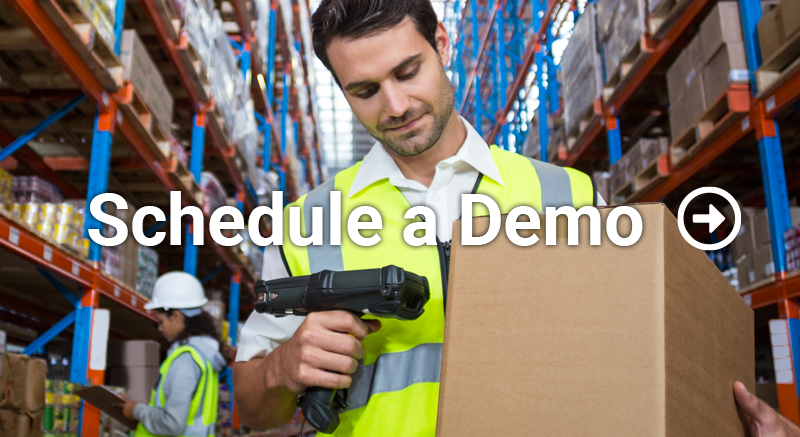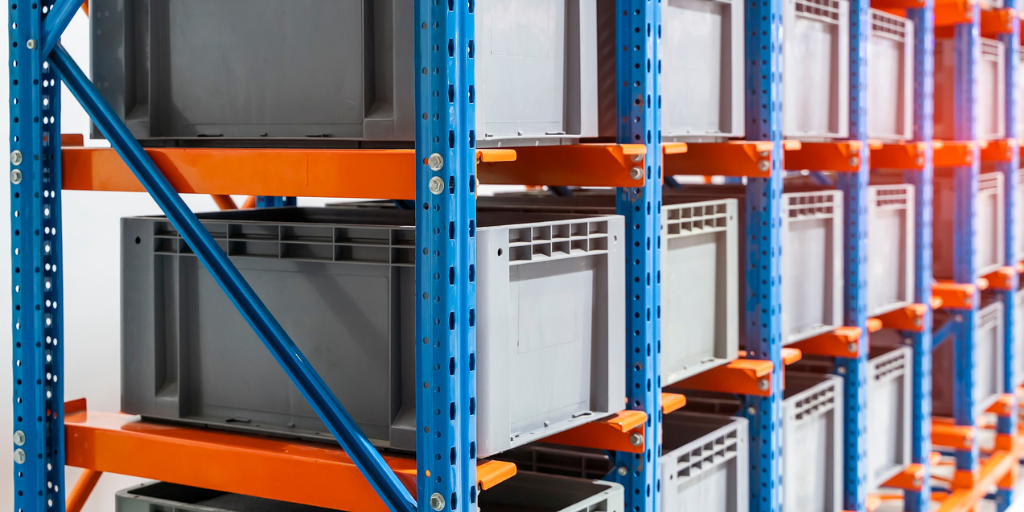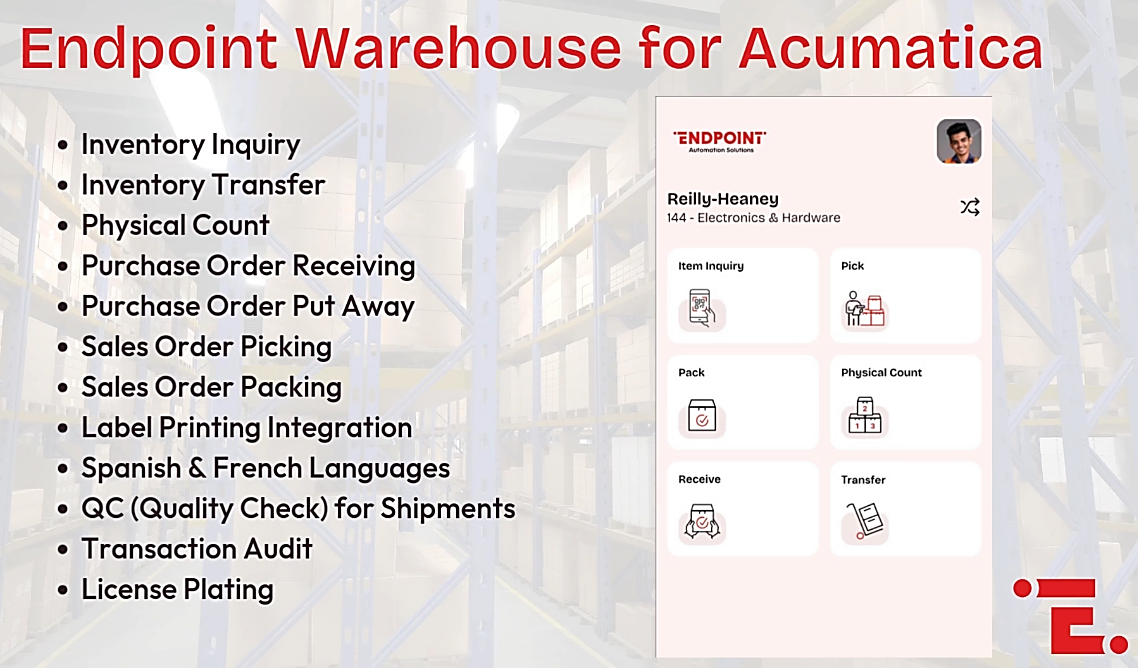March 5th 2025 10:26:27 AM
Key Considerations and Best Practices for Managing a Cold Storage Warehouse
March 15th 2022 11:00:00 AM
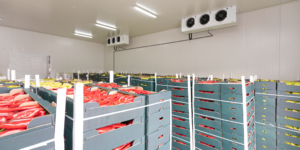
The global market for refrigerated and frozen products continues to expand. Effective cold chain management keeps perishable food products (fruits, vegetables, meats, and fish), flowers, and plants fresh. Manufacturers and distributors of some vaccines, medicines, and certain chemicals store them in temperature-controlled facilities.
The cost of land, energy, and labor continues to increase. Operators of cold storage warehouses are looking for automation to keep these costs in line. There are several strategies they can use to accomplish this goal.
Increased Demand for Refrigerated Goods
The COVID pandemic brought the cold chain to the public’s attention. Manufacturers must keep these medications at low temperatures throughout the manufacturing and transportation processes. Clinic workers who administer COVID vaccines must also take great care with its temperature, ensuring the dose is at the correct temperature before administration.
Since the pandemic has forced people to spend more time at home, many people have developed or rediscovered an interest in cooking for themselves and their families. Thanks to multiple television programs devoted to cooking and baking, consumers are interested in eating well. Viewers are interested in trying new flavors and incorporating new recipes into their routines. The public is more likely to experiment with new flavors and types of cooking once they know what is available to them.
The demand for refrigerated products isn’t likely to go away any time soon. The increased demand puts pressure on those managing a cold storage warehouse to keep costs down while keeping product quality high.
Main Challenge is Controlling Heat
Managers’ main challenge in a cold storage warehouse is the cold itself. It impacts employees, the handheld barcode scanners, and the computers they use. It also causes more wear and tear on the warehouse equipment, leading to more frequent servicing and higher maintenance costs. However, cold temperatures must be regulated and constantly maintained to ensure the products inside are safe to consume or use.
Workers must control the heat so that it doesn’t move into low-temperature areas.
Insulated curtain walls can be deployed multiple times to separate the warehouse into different temperature zones. Depending on the curtain wall’s insulation thickness, you can create temperature areas of 15 degrees F to 40 degrees F in the warehouse.
Invest in Equipment Designed for Cold Conditions
Use appropriate equipment for a cold storage environment. Be aware that condensation forms when devices move from a colder temperature area into a warmer one.
- Seal handheld equipment and electric forklifts against condensation.
- The cold also severely reduces battery life. Use higher voltage batteries to obtain a longer life cycle.
Issue Appropriate Work Clothing to Employees
Employees who feel cold will spend time lingering at the edge of a warmer area of a cold storage warehouse before entering a colder one. Remaining in an area will affect the overall efficiency of the operation and slow down order picking.
If employees hold doors open to stay warm, they may allow heat to enter cold storage areas. The best practice is to ensure that all workers have appropriate gear for working in cold temperatures.
As an employer, you should provide your cold storage warehouse workers with coats, insulated pants, gloves, and other personal equipment needed to perform their jobs. If workers feel cold, they can’t focus on the work at hand. Ensure that all workers take regular breaks to rest and warm up throughout their workday.
Automated Solutions Reduce Operational Costs
- Maximize the Cube in the Facility: With its tall design that takes advantage of the warehouse’s vertical space, an AS/RS system (Automated Storage and Retrieval System) maximizes the cube of a facility. Store products densely to minimize the facility’s footprint and reduce energy consumption.
- Minimize Areas to Keep Cool: When high-density storage is employed, it creates a smaller area to keep cool and minimizes heat loss. This smaller area required translates to a smaller roof. The roof is an area in the building where air (and heat) can escape, and it makes sense to keep that area as small as possible. You can also erect temporary barriers in areas to control warmer airflow in delivery and drop-off zones in the warehouse.
- Automatic Doors to Allow Pallets Through: An automated system allows for an automated door that allows pallets to move through when necessary. The door seals shut automatically afterward.
Keep Precise Cold Storage Warehouse Records
A critical component of successfully managing a cold storage warehouse is keeping precise records. Temperature sensors in the warehouse automatically track temperature and trigger alarms if the temperature varies beyond pre-set levels.
Modern software allows your team to scan pallets on delivery. Team members can track items without having to scan each carton and SKU. This option still gives you accurate records in your computer database while saving time and money.
Scanco WMS Professional: A Robust Solution for a Challenging Environment
WMS Professional is the most robust Sage 100 warehouse management solution available from Scanco. It is designed and built to manage the most demanding warehouse and distribution operations. This option will easily manage your pallets, pallet transfers, and the pallet-on-pallet activities. You can perform all of these functions using a mobile device. All changes and updates are recorded directly into Sage 100.
WMS Professional gives you real-time insights to fulfill your orders quickly. Your management team will have visibility throughout the supply chain, or they can filter content to pull only the specific data they need, such as:
- Sales Orders
- Purchase Orders
- Picking
- Shipping
- Invoices
- Transfers
- Physical Counts
- Receipts
- Inventory Receipts
A cold storage warehouse has multiple challenges. Scanco has warehouse automation solutions to help you run your business more efficiently and help boost profits. Would you like to learn more about how we can benefit your business? Contact us online or call (330) 645-9959 to make an appointment with a Scanco Solutions Expert today.
